Translation in English: It's gone crazy! Hong Kong stocks have two consecutive d
The U.S. stock market and the Japanese stock market have shown us what a bull market is all about! A bull market is characterized by relentless upward momentum, with no peak in sight. It's about going with the flow, and as long as the trend hasn't ended, any downturn is merely a technical correction in the midst of an upward trend. Thus, the best reason for a rise is the rise itself; positive news is amplified, while negative news is selectively ignored. Conversely, a decline will continuously erode market confidence, which is a reflection of human nature. Most investors think in terms of trends.
Of course, we are not blindly advocating for a bull market, as no bull market is free from creating bubbles, and no bull market ends without a bubble burst. This is also a part of human nature—to buy on the rise and not on the fall. The strength of the U.S. stock market lies in its ability to rise again and continue to hit new highs even after a bubble burst. The previous mindset in the A-share market, which considered "sideways consolidation as risk-free," is not advisable. It has been proven that sideways consolidation can also lead to a decline.
Back to the market, even though the market's earlier optimistic expectations for the Fed to cut interest rates ahead of schedule were dashed by the U.S. CPI data in January, the U.S. stock market only fell for one day and then rose again, led by AI. Nvidia surged by 2.46%, setting a new closing high, and Advanced Micro Devices (AMD) skyrocketed by 11.25%, reaching a new high. In less than three months since the beginning of 2024, AMD's stock has doubled, and it has increased by eight times over the past 52 weeks. Indeed, with AI, the U.S. stock market can do as it pleases, defying the hawkish pressure from the Fed.
Today, the Asia-Pacific market also performed well. The Taiwan stock market, boosted by the semiconductor sector, surged by more than 3%. The Nikkei 225 rose by 1.21%, continuing to set a new high since 1990. The Hong Kong stock market repeated yesterday's performance, recovering after opening low, with the Hang Seng Index up by 0.41% and the Hang Seng Tech Index up by 0.79%.
Today, the consumer sector in the Hong Kong stock market continued to show strength, especially in the optional consumer sectors such as travel, catering, and movies, and the semiconductor sector also gained strength. Hainan tourism is booming, and China Duty Free's H-shares have risen for seven consecutive trading days. After surging by more than 5% yesterday, China Duty Free's stock rose by more than 4% today. Data released by the Haikou Customs on February 11th showed that on the first day of the Spring Festival holiday (February 10th), the Haikou Customs supervised a total of 245 million yuan in duty-free shopping on the island, with 37,700 duty-free shoppers, and an average consumption of 6,497 yuan per person.
Regarding the strength of the Hong Kong stock market, we provided two interpretations yesterday, so we won't elaborate further here.
Let's talk about the significant actions taken by the China Securities Regulatory Commission (CSRC) during the holiday. Before the holiday, the CSRC changed its leadership, and everyone joked that this was the "bottom of the change." In addition, most people have only heard of the new CSRC chairman Wu Qing's nickname "Securities Broker Butcher," but now it seems to be coming true.
On February 9th, the CSRC worked overtime on Chinese New Year's Eve and disclosed two typical administrative penalty cases. One was the first case of fraudulent issuance since the implementation of the new "Securities Law," where the issuer was investigated by the CSRC for fraudulent issuance before obtaining registration after submitting the application materials. Recently, the CSRC imposed administrative penalties on Shanghai Siltronic Technologies Co., Ltd. (formerly known as Shanghai Guowei Siltronic Technologies Co., Ltd.) for illegal activities of fraudulent issuance during its application for the STAR Market's initial public offering.Another is the crackdown on the illegal stock trading activities of multiple securities industry professionals. Recently, the China Securities Regulatory Commission (CSRC) organized an inspection and enforcement team, along with routine regulatory forces, to focus on investigating and dealing with the illegal and non-compliant stock trading activities of several employees of China Merchants Securities. A total of 63 individuals were subject to administrative penalties, with a combined confiscation and fine of 81.73 million yuan; a lifetime ban from the securities market was imposed on one individual; one person suspected of insider trading was referred to judicial authorities for handling; and administrative regulatory measures were taken against 46 people, including the intention to designate 3 individuals as inappropriate candidates, 5 individuals were given regulatory talks, and 38 individuals received warning letters.
On February 9th, the CSRC's website disclosed a lengthy "No. 1 Penalty Notice" for 2024, which is over 10,000 words long—Ruihua Certified Public Accountants (hereinafter referred to as "Ruihua") was fined and confiscated a total of 17.83 million yuan by the CSRC.



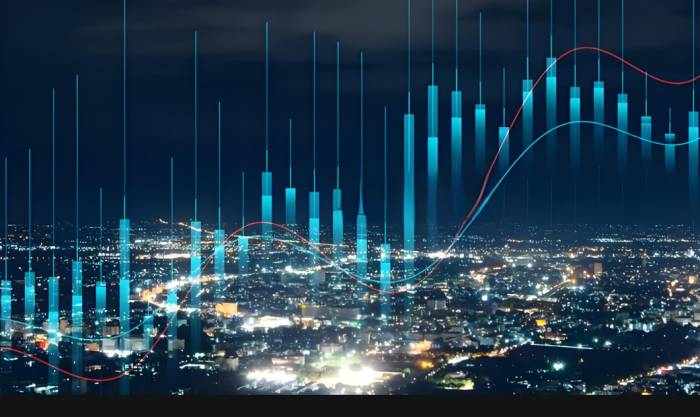
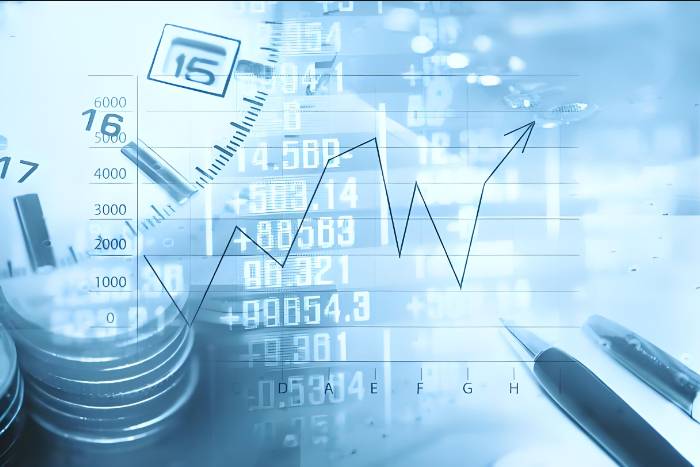

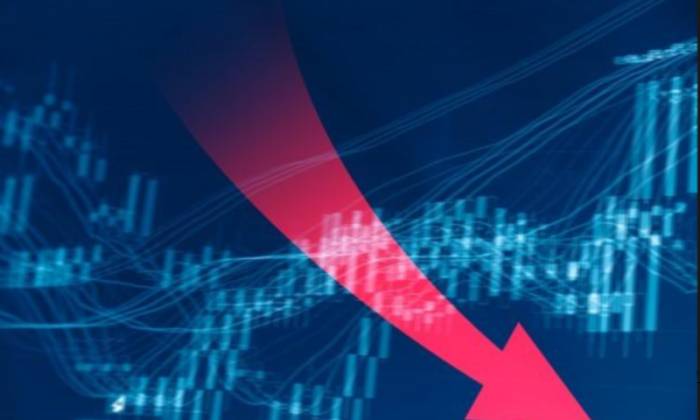



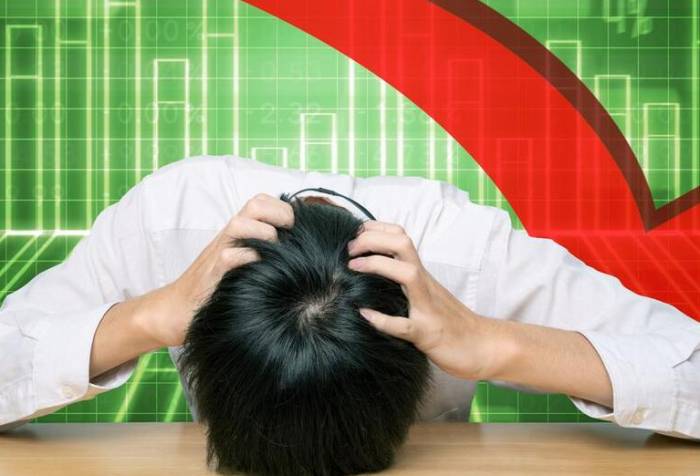




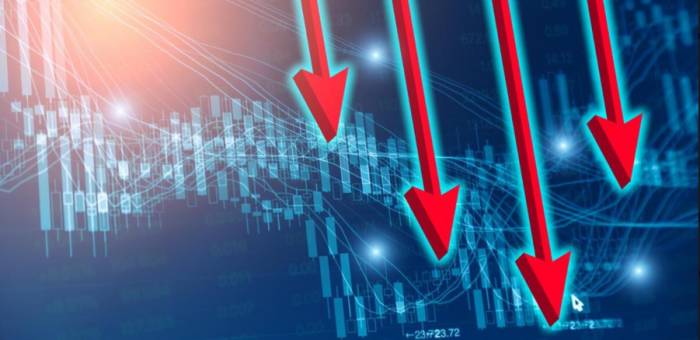
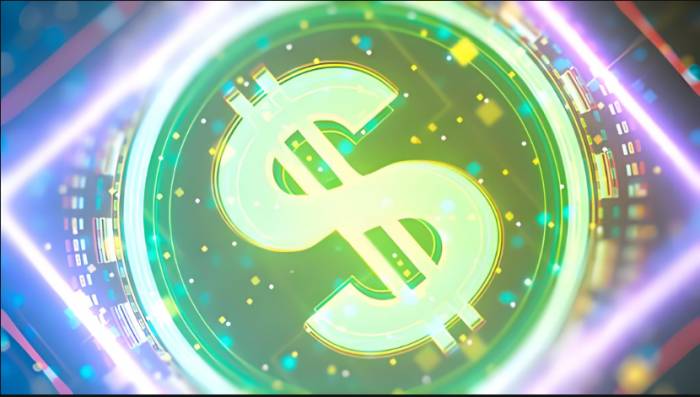











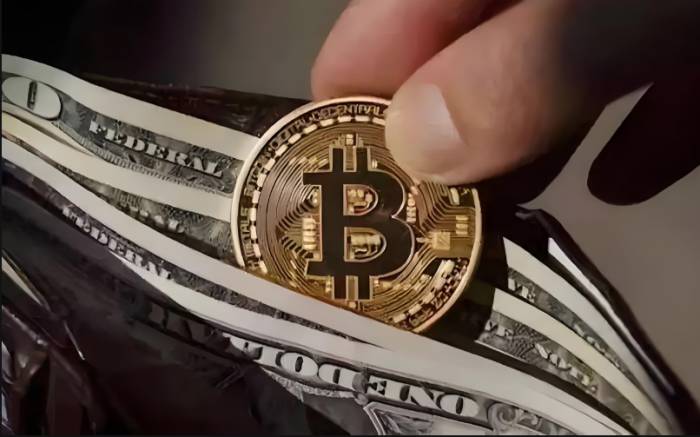
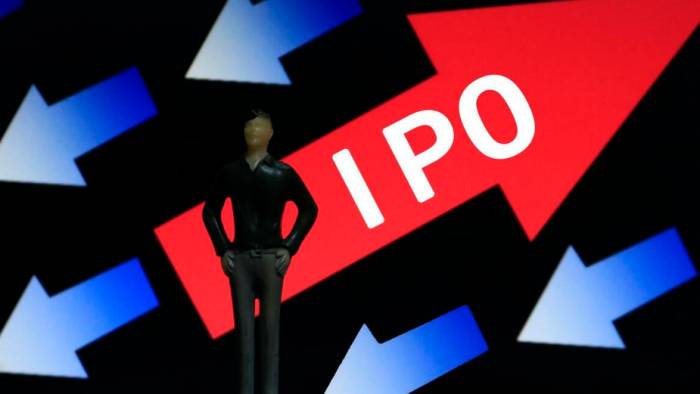
Comments